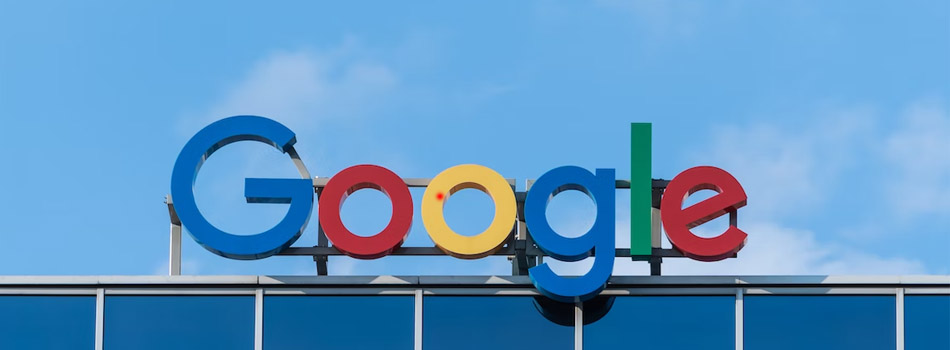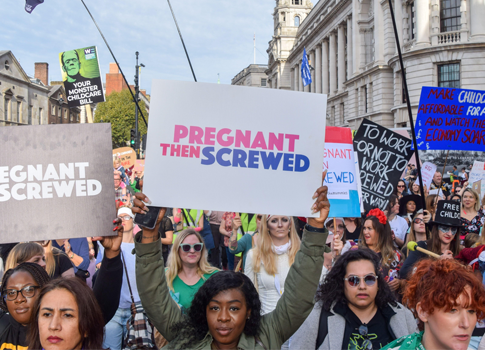Another year, another Google update, this time targeting content. Google has been moving towards a user first experience for a while and their latest update confirms that this is the direction they will continue to go. Although good news for users as they will have a more tailored search experience, it does mean that SEO experts may need to change the way they work. But have no fear, this guide will tell you everything you need to know about the ‘helpful content’ update and how it may impact your SEO strategy.
What is the ‘helpful content’ update?
Google’s ‘Helpful Content’ update was announced in August 2022. It’s part of Google’s main goal to put the best information in front of users. In the coming weeks, Google will start ranking ‘people first content’ favourably and devaluing content that puts the search engines first. This means SEO writers may have to change their content strategy if they are currently not writing with people in mind.
How do you write ‘people first content?’
The key to creating successful content is finding the balance between writing for humans and writing for search engines. You need to follow SEO best practices in order for users to find your content, but once they click through to your page you need to ensure it’s engaging and helpful for the reader. Here are just a few tips to follow so that your content does not get left behind after the ‘helpful content’ update:
- Write about what you know – Informative content written by an industry expert is the most helpful. You need to produce content in an area that your brand specialises in, rather than writing about a variety of different topics that you have no knowledge of but are trending at the time. This is the difference between writing for a human and writing for a search engine.
- Create unique content – With competitors all creating content around the same topic or keyword it can be hard to make content unique. However, if you provide a different perspective or use your expertise to provide information a user can’t find anywhere else then your content would be the most useful to them, and therefore, ranked favourably by Google.
- Answer user questions – Users are searching for answers. Your content needs to directly answer these questions so that they can find everything they’re looking for on your website, rather than leaving to find more answers elsewhere. One tip is to look at the questions in the ‘people always ask’ section of Google. This, as well as keyword research, gives you a good idea of the type of queries users are searching.
- Make content engaging – Creating ‘people first content’ is not only about the written copy, but the overall user experience. If the content is dense and hard to read then it will not be useful for the user, which could increase the number of people bouncing off your site. Instead, brands should break up long text with engaging videos, images, graphs, product demonstrations and more to make the content easily digestible.
How will this Google update impact my current content?
Following the update, you may see fluctuations in your ranking positions which is normal after any Google update. However, large fluctuations that do not gain their good ranking position back after a few days could signal that Google no longer values that content. Here are three steps to take after the ‘helpful content’ update to ensure you are staying on top of any drastic changes:
- Monitor ranking positions – Check your ranking positions and note the keywords with the biggest drops. This could signal the content that does not meet the new ‘helpful content’ guidelines, and therefore, needs updating if you want to see your ranking positions improve again.
- Optimise affected pages – Once you have identified the pages that need updating, it’s time to optimise them so that they are more user friendly. This could include adding visual elements, offering more of an opinion to explicitly show your authority, or answering more user questions within the text.
- Complete a content audit – On average, you should complete a content audit every 6 months, however, following a Google update is also a good time to check everything is in order. This may highlight the content that you have no authority writing about or that is outdated, such as trends from years ago. This content may benefit from being removed entirely, rather than being optimised, as you will not be able to rank highly in the search results under the ‘helpful content’ guidelines.
For more information on Google’s ‘helpful content’ update or for guidance on how to write successful content contact us today.






